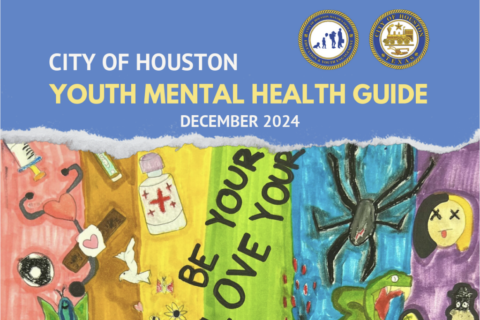The exacerbating pressures of transitioning from an undergraduate student to a graduate student can be quite a challenge when your non-academic life is difficult to balance.
Graduate school is a transcendent experience for a young adult. Coming up with enough money for rent with an entry-level job, dealing with car issues that seem to happen at the worst moments possible or attempting to balance the parent life with school are a few common shared experiences amongst graduate students that make their master’s degree that much more difficult to obtain.
While some students have very unique and wild experiences during graduate school, many students share similar emotional challenges.
Riley Phillips, a recent graduate, stated that she struggled with imposter syndrome in the process of getting her master’s degree. Imposter syndrome is when an individual doubts their accomplishments or skills and they do not believe they deserve the success they receive despite their competence.
With a mutual internalized fear of failure and fraud, it is important for graduate students to support each other. Students are able to bond through their struggles and can help each other through such a tangible period of their lives – we call this trauma bonding. Getting to know your peers in graduate school can help guide you through your challenges, and you can do the same for someone else without even knowing.
Madison Ventura, a current graduate student at the University of Houston, once had to catch a flight to Colorado after her Monday class to then make it back in time for her Wednesday class. She flew out again right after.
That is the beauty of grad students; They are resilient and persistent in the face of adversity.
“Not only are you elevating your education, but you’re enhancing your career opportunities and putting yourself first and ahead of others,” Ventura said. “Being able to be the one to set the precedent in my family as the first to have a master’s means I hopefully won’t be the last.”





Recent Comments